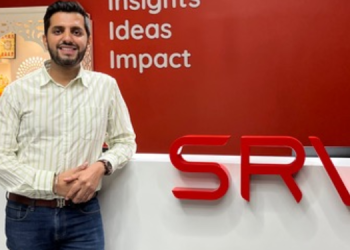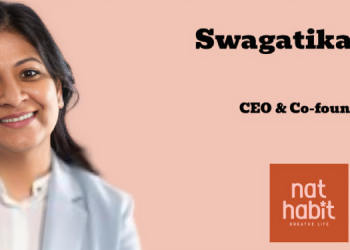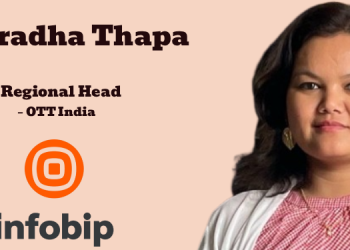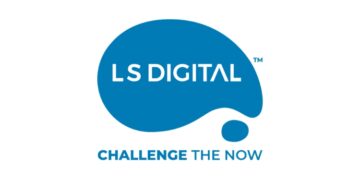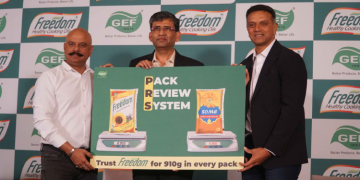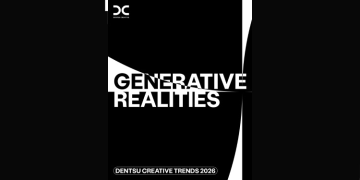In a time when advertising trends change all the time, Ego Marketing is changing how companies talk to their customers in a big way. India is a great place to see this. Indian buyers want more than just things and services; they want events that show what they believe, who they are, and how they feel about themselves. Ego marketing has evolved as a method to engage customers more closely by convincing them that the products they buy reflect who they are given this tendency. Ego marketing has evolved to encompass convincing consumers that the products they purchase make them stand out, therefore increasing their involvement.
Particularly among younger populations, the way individuals acquire items has changed significantly given the strength of social media and other digital outlets nowadays. Today’s consumers curate their personal brands with the same attention to detail they give to their online profiles. They want brands that resonate with their personal stories, aspirations, and values.
Ego Marketing taps into this desire for self-expression, offering more than just a product. It’s about creating a relationship between the brand and the consumer, one where the consumer feels seen, understood, and valued. This marketing strategy is particularly effective in India, where people are highly engaged with brands that speak directly to their identity.
There is so much personalisation in Ego Marketing. Consumers are no longer homogeneous, their tastes, preferences, and values are all different. It is thus a call for the need of brands to tailor experiences be it through recommendations or even just products, tailored, and unique interactions. When brands cater to these individual needs, they create a sense of connection and loyalty. In countries or regions, where people come from varied cultural and social backgrounds, this approach is especially important.
Exclusive products and experiences are another powerful aspect of Ego Marketing. Consumers love the feeling of being part of a special class, and brands that make limited-edition products or allow VIP access appeal to those who desire exclusivity. Exclusivity will be a key factor in building brand loyalty in our country, where status plays a very significant role in consumer behaviour. It gives a feeling of uniqueness and importance and creates an emotional bond with the brand.
Ego Marketing is characterised by the desire for empowerment. Today, consumers want brands that empower and inspire them. Be it in support of social causes enhancing lifestyle through their products, or creating experiences that help consumers get to their goals, empowered customers are more likely to stick to a brand for life. It’s the empowerment campaigns that strike consumers’ minds as these portray their personal beliefs and aspirations.
This can be very well reflected in Nike’s “Just Do It” campaign, which encourages people to strive hard for whatever they want to achieve for their individual goals. The brand gives the consumer confidence through such statements, saying they can do it, hence bringing along confidence and loyalty. Similarly, Spotify’s “Wrapped” campaign gives users a personalised summary of their music preferences, reinforcing their identity as individuals and music lovers.
Today, brands have successfully used Ego Marketing by making the experience with their customers personal and engaging. For example, Zomato has fun and relatable notifications that keep users connected in a friendly manner. Using humour and personal touches has helped Zomato to acquire a loyal customer base. Swiggy has also managed to create personal experiences through food recommendations based on preferences, and one-to-one promotions.
However, there are problems with ego marketing. Customised advertisements on a large scale require a lot of investment in technology, data analysis, and consumer insights. Brands must also be careful to handle consumer data responsibly and ensure transparency in how it’s used. Any misstep in these areas could damage the brand’s credibility. Furthermore, authenticity is crucial, consumers can quickly spot insincerity. A brand’s actions and messaging must be consistent with its values, or it risks appearing manipulative or out of touch.
The role brands may play in forming customer self-perception should be appreciated. By doing this, they help a target audience to feel more in line with brand values. Rather than just pushing a product, it is about connecting at that level that amplifies their identity and purpose. Excellent Publicity’s expertise in Ego Marketing allows brands to align their campaigns with this deeper connection, ensuring that they don’t just sell products but also sell experiences that make consumers feel more in tune with their personal identities.
Ego marketing is altering Indian customer connection with brands. Targeting these areas of customisation, uniqueness, and empowerment helps businesses to establish closer, more meaningful relationships with their consumers. In today’s world, where people search for companies that fit their beliefs or identity, and this is very powerful. With careful personalisation, authentic messaging, and an insight into consumer behaviour, it is helping brands to thrive within the ever-evolving Indian advertising landscape.
(Views are personal)


